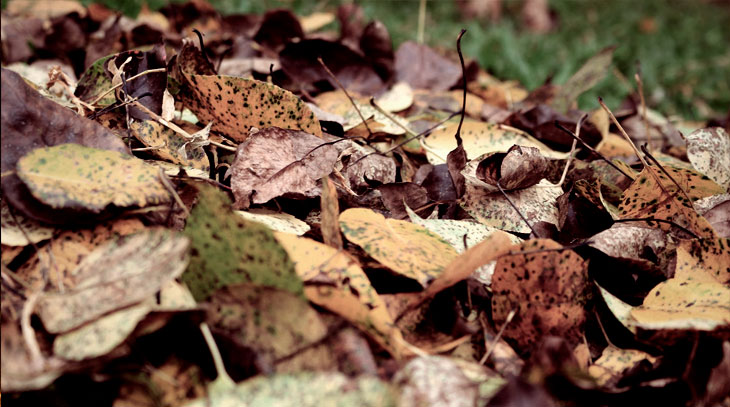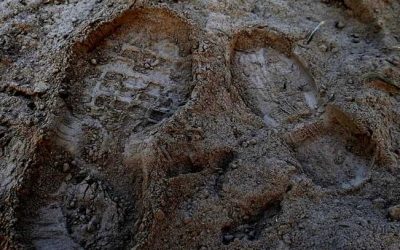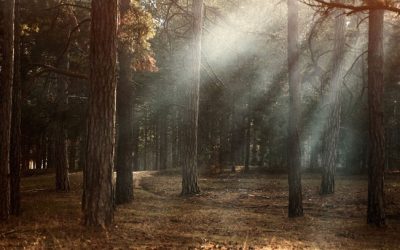Part II: “Is That Rice?”
Tennessee was hot and humid. Mindful of my tight expenses budget, I’d booked a basic motel room on the outskirts of Knoxville, an attractive city within striking distance of the Smoky Mountains. I’d be picked up and dropped off each day by either one of the ‘students’ – all either law enforcement officers or CSIs – or National Forensic Academy staff. The arrangement suited me: not only would I save on car hire, but the commute would help me get to know the people I’d come here to write about.
It was my first time in the American south, and I admit my preconceptions were based mainly on films and books. The first surprise was Dr William Bass himself. The Body Farm’s founder was an amiable man with an engaging smile and a Snoopy tie, a far cry from the sombre academic I’d been expecting.
The second surprise were the ‘students’. I was a little wary of how a British journalist would be received by the officers attending the ten-week course, but they couldn’t have been more welcoming. The atmosphere in the group was laid back and friendly. I’d assumed that American cops would be largely pro-gun, but not a bit of it. Hell, no, was the answer I received when I raised the subject.
“How would you like to pull-over a car, knowing the driver could be armed?” one of the officers asked.
The course began with two days of seminars. As the aim was to provide a national standard for crime scene protocol, which varied enormously from state-to-state, the first step was to instil some of the procedural and forensic basics. It was grisly stuff, with examples – and photographs – taken from actual cases. But, to my surprise, I found it fascinating. I learned how a human skull can explode as the heat from a fire boiled the fluids inside. And that blow flies, far from being a disgusting pest, were actually the investigator’s friend, their life-cycle providing a valuable tool by which time-since-death of a body might be determined. It also came as a relief to find I wasn’t the only novice in the class.
‘What’s the white stuff?” one young criminologist asked, when we were shown slides of a decomposing corpse covered in a pale mass. “Is that rice?”
There was an awkward silence, then wry smiles.
“They’re maggots,” she was told.
After school finished for the day, the evening would be spent either in some bar or else out in some ‘mom ’n’ pop’ eatery out in the country. There was a lot of joking and laughter, but there was also growing apprehension about the next stage of the course, which involved processing mock crime scenes inside the Body Farm itself, staged with actual decomposing bodies. Even though many of the group were experienced police officers, none of them had faced anything like this.
‘I don’t know how I’m going to react when I go in there,” one of them admitted to me, clearly anxious.
Which didn’t do much for my confidence. If seasoned police officers were nervous about what lay ahead, what chance did I have?
NEXT: Decomposition and donuts.


